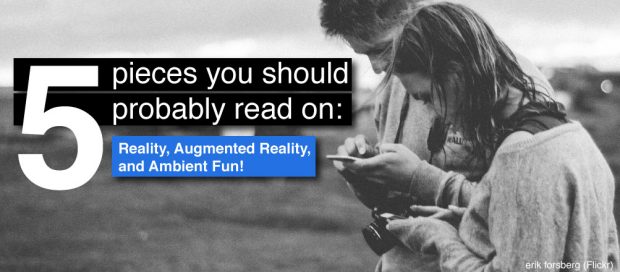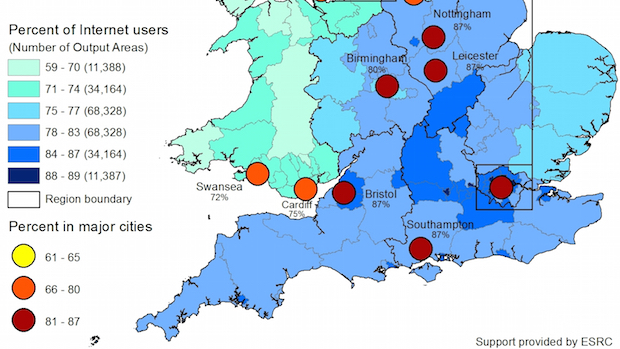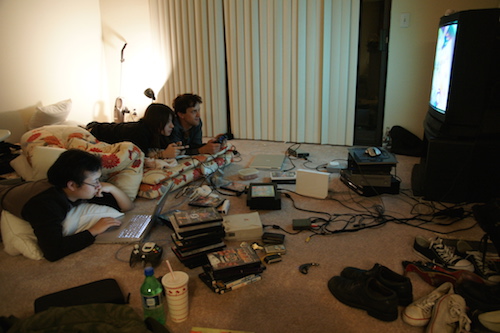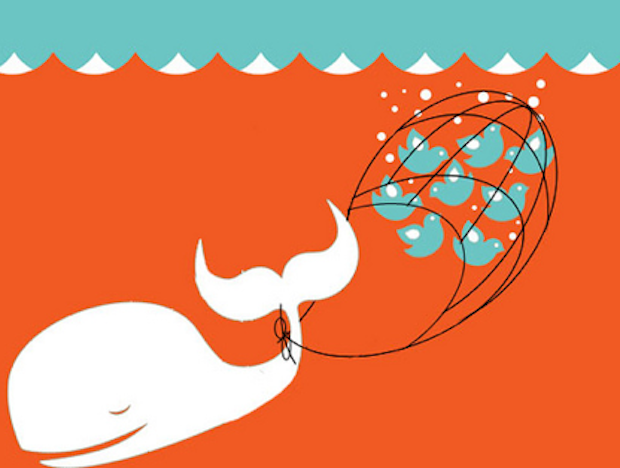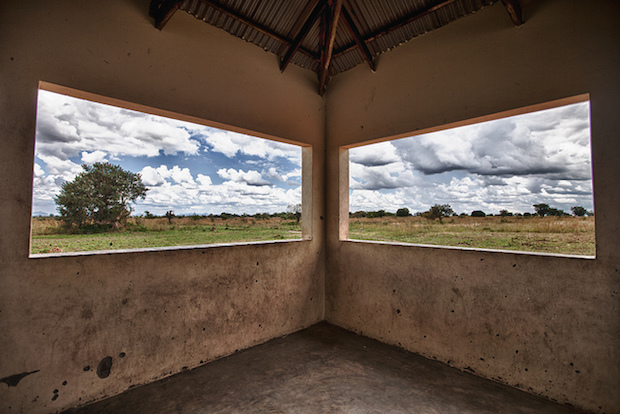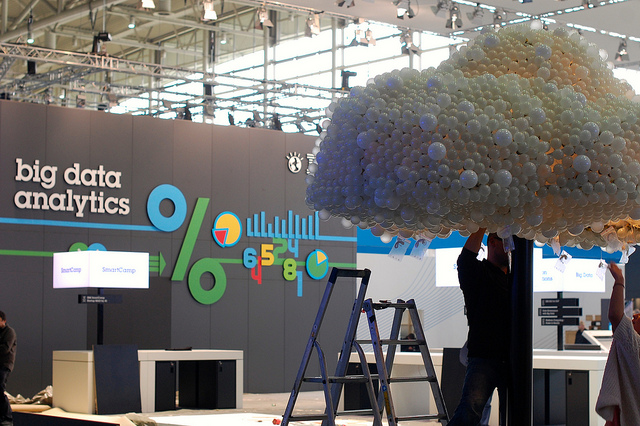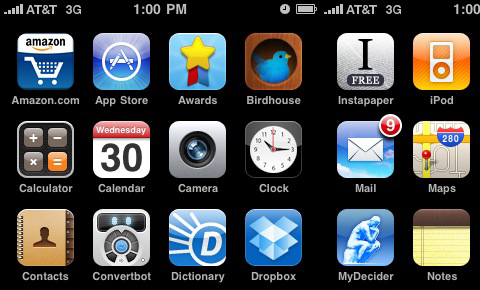
As our social interactions become increasingly entangled with the online world, there are some who insist on the benefits of disconnecting entirely from digital technology. These advocates of “digital detoxing” view digital communication as eroding our ability to concentrate, to empathise, and to have meaningful conversations.
A 2016 survey by OnePoll found that 40% of respondents felt they had “not truly experienced valuable moments such as a child’s first steps or graduation” because “technology got in the way”, and OfCom’s 2016 survey showed that 15 million British Internet users (representing a third of those online), have already tried a digital detox. In recent years, America has sought to pathologise a perceived over-use of digital technology as “Internet addiction”. While the term is not recognized by the DSM, the idea is commonly used in media rhetoric and forms an important backdrop to digital detoxing.
The article Disconnect to reconnect: The food/technology metaphor in digital detoxing (First Monday) by Theodora Sutton presents a short ethnography of the digital detoxing community in the San Francisco Bay Area. Her informants attend an annual four-day digital detox and summer camp for adults in the Californian forest called Camp Grounded. She attended two Camp Grounded sessions in 2014, and followed up with semi-structured interviews with eight detoxers.
We caught up with Theodora to examine the implications of the study and to learn more about her PhD research, which focuses on the same field site.
Ed.: In your forthcoming article you say that Camp Grounded attendees used food metaphors (and words like “snacking” and “nutrition”) to understand their own use of technology and behaviour. How useful is this as an analogy?
Theodora: The food/technology analogy is an incredibly neat way to talk about something we think of as immaterial in a more tangible way. We know that our digital world relies on physical connections, but we forget that all the time. Another thing it does in lending a dietary connotation is to imply we should regulate our consumption of digital use; that there are healthy and unhealthy or inappropriate ways of using it.
I explore more pros and cons to the analogy in the paper, but the biggest con in my opinion is that while it’s neat, it’s often used to make value judgments about technology use. For example, saying that online sociality is like processed food is implying that it lacks authenticity. So the food analogy is a really useful way to understand how people are interpreting technology culturally, but it’s important to be aware of how it’s used.
Ed.: How do people rationalise ideas of the digital being somehow “less real” or “genuine” (less “nourishing”), despite the fact that it obviously is all real: just different? Is it just a peg to blame an “other” and excuse their own behaviour .. rather than just switching off their phones and going for a run / sail etc. (or any other “real” activity..).
Theodora: The idea of new technologies being somehow less real or less natural is a pretty established Western concept, and it’s been fundamental in moral panics following new technologies. That digital sociality is different, not lesser, is something we can academically agree on, but people very often believe otherwise.
My personal view is that figuring out what kind of digital usage suits you and then acting in moderation is ideal, without the need for extreme lengths, but in reality moderation can be quite difficult to achieve. And the thing is, we’re not just talking about choosing to text rather than meet in person, or read a book instead of go on Twitter. We’re talking about digital activities that are increasingly inescapable and part of life, like work e-mail or government services being moved online.
The ability to go for a run or go sailing are again privileged activities for people with free time. Many people think getting back to nature or meeting in person are really important for human needs. But increasingly, not everyone has the ability to get away from devices, especially if you don’t have enough money to visit friends or travel to a forest, or you’re just too tired from working all the time. So Camp Grounded is part of what they feel is an urgent conversation about whether the technology we design addresses human, emotional needs.
Ed.: You write in the paper that “upon arrival at Camp Grounded, campers are met with hugs and milk and cookies” .. not to sound horrible, but isn’t this replacing one type of (self-focused) reassurance with another? I mean, it sounds really nice (as does the rest of the Camp), but it sounds a tiny bit like their “problem” is being fetishised / enjoyed a little bit? Or maybe that their problem isn’t to do with technology, but rather with confidence, anxiety etc.
Theodora: The people who run Camp Grounded would tell you themselves that digital detoxing is not really about digital technology. That’s just the current scapegoat for all the alienating aspects of modern life. They also take away real names, work talk, watches, and alcohol. One of the biggest things Camp Grounded tries to do is build up attendees’ confidence to be silly and playful and have their identities less tied to their work persona, which is a bit of a backlash against Silicon Valley’s intense work ethic. Milk and cookies comes from childhood, or America’s summer camps which many attendees went to as children, so it’s one little thing they do to get you to transition into that more relaxed and childlike way of behaving.
I’m not sure about “fetishized,” but Camp Grounded really jumps on board with the technology idea, using really ironic things like an analog dating service called “embers,” a “human powered search” where you pin questions on a big noticeboard and other people answer, and an “inbox” where people leave you letters.
And you’re right, there is an aspect of digital detoxing which is very much a “middle class ailment” in that it can seem rather surface-level and indulgent, and tickets are pretty pricey, making it quite a privileged activity. But at the same time I think it is a genuine conversation starter about our relationship with technology and how it’s designed. I think a digital detox is more than just escapism or reassurance, for them it’s about testing a different lifestyle, seeing what works best for them and learning from that.
Ed.: Many of these technologies are designed to be “addictive” (to use the term loosely: maybe I mean “seductive”) in order to drive engagement and encourage retention: is there maybe an analogy here with foods that are too sugary, salty, fatty (i.e. addictive) for us? I suppose the line between genuine addiction and free choice / agency is a difficult one; and one that may depend largely on the individual. Which presumably makes any attempts to regulate (or even just question) these persuasive digital environments particularly difficult? Given the massive outcry over perfectly rational attempts to tax sugar, fat etc.
Theodora: The analogy between sugary, salty, or fatty foods and seductive technologies is drawn a lot — it was even made by danah boyd in 2009. Digital detoxing comes from a standpoint that tech companies aren’t necessarily working to enable meaningful connection, and are instead aiming to “hook” people in. That’s often compared to food companies that exist to make a profit rather than improve your individual nutrition, using whatever salt, sugar, flavourings, or packaging they have at their disposal to make you keep coming back.
There are two different ways of “fixing” perceived problems with tech: there’s technical fixes that might only let you use the site for certain amounts of time, or re-designing it so that it’s less seductive; then there’s normative fixes, which could be on an individual level deciding to make a change, or even society wide, like the French labour law giving the “right to disconnect” from work emails on evenings and weekends.
One that sort of embodies both of these is The Time Well Spent project, run by Tristan Harris and the OII’s James Williams. They suggest different metrics for tech platforms, such as how well they enable good experiences away from the computer altogether. Like organic food stickers, they’ve suggested putting a stamp on websites whose companies have these different metrics. That could encourage people to demand better online experiences, and encourage tech companies to design accordingly.
So that’s one way that people are thinking about regulating it, but I think we’re still in the stages of sketching out what the actual problems are and thinking about how we can regulate or “fix” them. At the moment, the issue seems to depend on what the individual wants to do. I’d be really interested to know what other ideas people have had to regulate it, though.
Ed.: Without getting into the immense minefield of evolutionary psychology (and whether or not we are creating environments that might be detrimental to us mentally or socially: just as the Big Mac and Krispy Kreme are not brilliant for us nutritionally) — what is the lay of the land — the academic trends and camps — for this larger question of “Internet addiction” .. and whether or not it’s even a thing?
Theodora: In my experience academics don’t consider it a real thing, just as you wouldn’t say someone had an addiction to books. But again, that doesn’t mean it isn’t used all the time as a shorthand. And there are some academics who use it, like Kimberly Young who proposed it in the 1990’s. She still runs an Internet addiction treatment centre in New York, and there’s another in Fall City, Washington state.
The term certainly isn’t going away any time soon and the centres treat people who genuinely seem to have a very problematic relationship with their technology. People like the OII’s Andrew Przybylski (@ShuhBillSkee) are working on untangling this kind of problematic digital use from the idea of addiction, which can be a bit of a defeatist and dramatic term.
Ed.: As an ethnographer working at the Camp according to its rules (hand-written notes, analogue camera) .. did it affect your thinking or subsequent behaviour / habits in any way?
Theodora: Absolutely. In a way that’s a struggle, because I never felt that I wanted or needed a digital detox, yet having been to it three times now I can see the benefits. Going to camp made a strong case for the argument to be more careful with my technology use, for example not checking my phone mid-conversation, and I’ve been much more aware of it since. For me, that’s been part of an on-going debate that I have in my own life, which I think is a really useful fuel towards continuing to unravel this topic in my studies.
Ed.: So what are your plans now for your research in this area — will you be going back to Camp Grounded for another detox?
Theodora: Yes — I’ll be doing an ethnography of the digital detoxing community again this summer for my PhD and that will include attending Camp Grounded again. So far I’ve essentially done just preliminary fieldwork and visited to touch base with my informants. It’s easy to listen to the rhetoric around digital detoxing, but I think what’s been missing is someone spending time with them to really understand their point of view, especially their values, that you can’t always capture in a survey or in interviews.
In my PhD I hope to understand things like: how digital detoxers even think about technology, what kind of strategies they have to use it appropriately once they return from a detox, and how metaphor and language work in talking about the need to “unplug.” The food analogy is just one preliminary finding that shows how fascinating the topic is as soon as you start scratching away the surface.
Read the full article: Sutton, T. (2017) Disconnect to reconnect: The food/technology metaphor in digital detoxing. First Monday 22 (6).
OII DPhil student Theodora Sutton was talking to blog editor David Sutcliffe.


